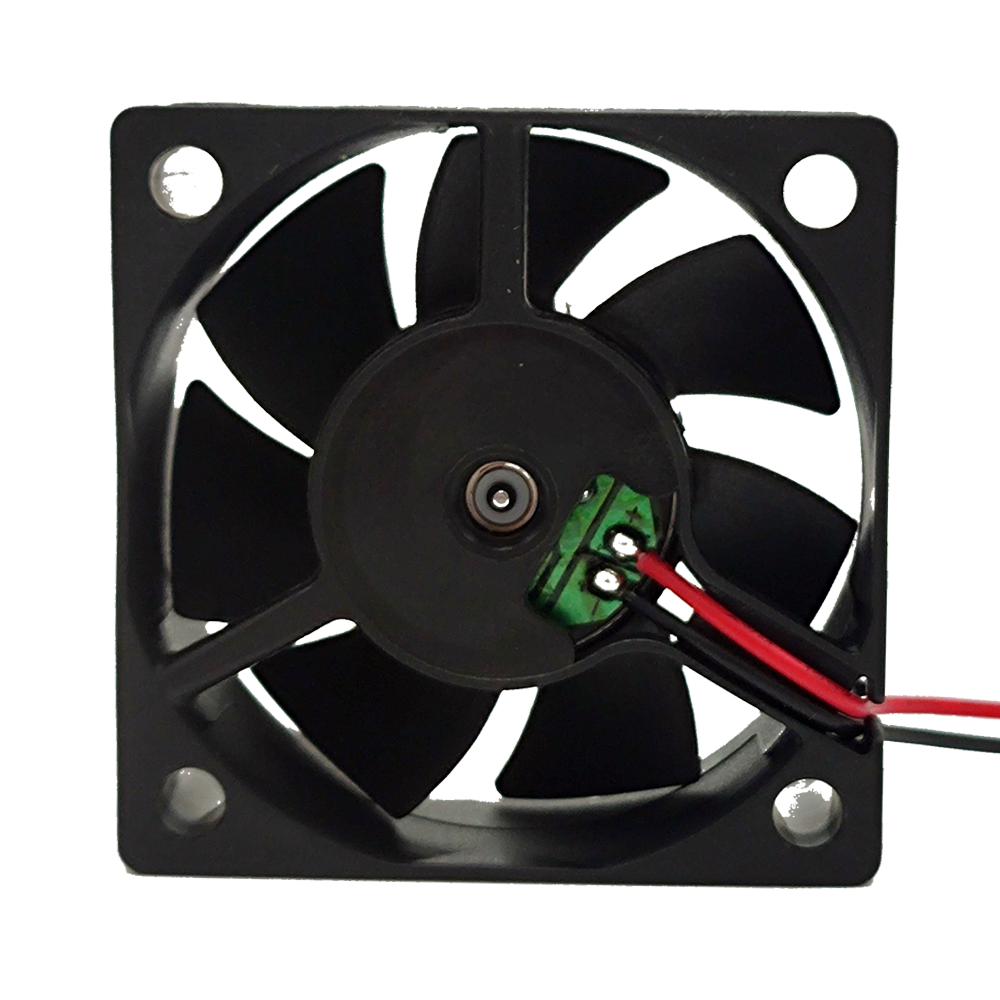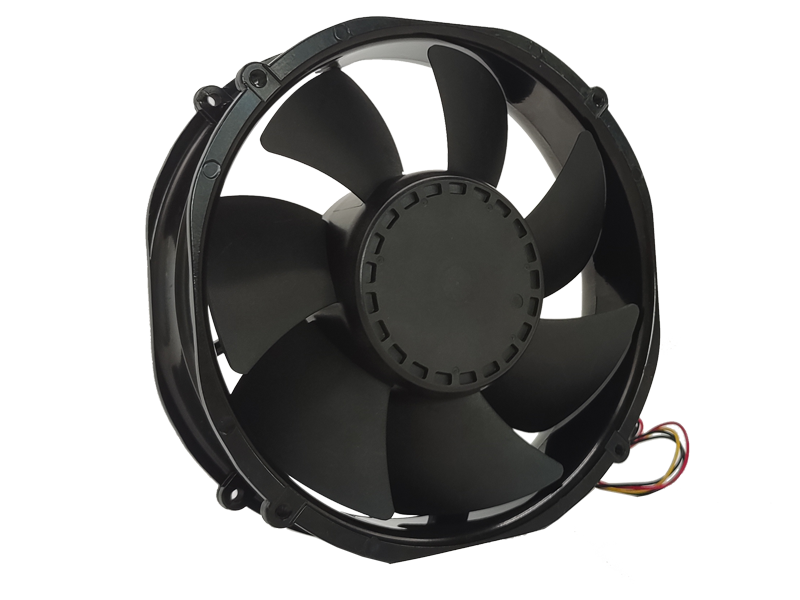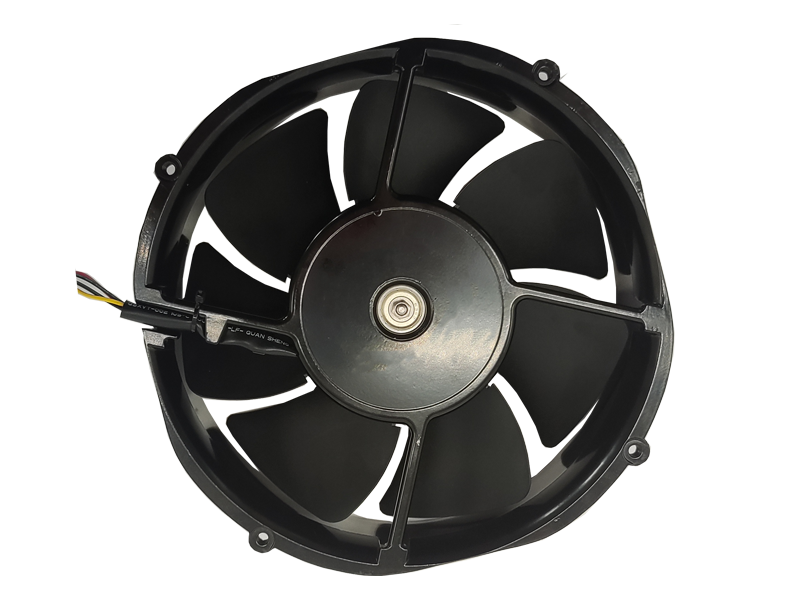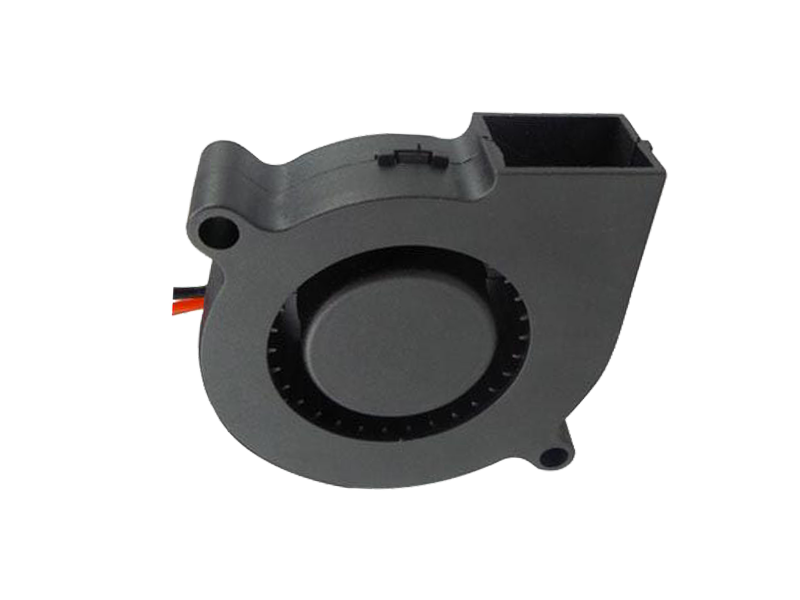In the realm of industrial production, the efficient management of temperature is a critical factor in ensuring the reliability and performance of machinery and processes. Cooling fans play a pivotal role in this domain, serving as essential tools for dissipating heat and maintaining optimal operating conditions. This article, titled "Cooling Fans: Temperature Management Tools in Industrial Intelligent Production," aims to explore the significance of cooling fans in the context of intelligent manufacturing, highlighting their role in enhancing temperature control, improving energy efficiency, and driving advancements in industrial automation. By examining the integration of cooling fans within intelligent production systems, this article seeks to underscore their instrumental contribution to the evolution of modern industrial processes and the pursuit of operational excellence.
Enhanced Thermal Efficiency through Intelligent Control
The advent of intelligent manufacturing has brought forth a paradigm shift in the way industrial temperature management is approached. Cooling fans are no longer standalone components but integral parts of interconnected systems driven by advanced control algorithms, real-time data analytics, and machine learning capabilities. Through the integration of intelligent control mechanisms, cooling fans can dynamically adjust their speed, airflow, and operation based on real-time temperature fluctuations, optimizing thermal efficiency and responding proactively to changing production demands. This level of adaptive and responsive thermal management not only ensures the longevity of industrial equipment but also contributes to energy savings and reduced environmental impact, aligning with the principles of sustainable manufacturing.
IoT-Enabled Monitoring and Predictive Maintenance
The incorporation of Internet of Things (IoT) technologies has revolutionized the way cooling fans are monitored and maintained within industrial settings. IoT-enabled sensors embedded within cooling fan systems facilitate continuous monitoring of temperature, vibration, and operational parameters, providing valuable insights into their performance and health. By leveraging IoT connectivity and cloud-based platforms, industrial operators can remotely access real-time data, diagnose potential issues, and preemptively schedule maintenance activities, thereby minimizing downtime and optimizing the lifespan of cooling fan components. Furthermore, the integration of predictive maintenance algorithms enables the early detection of anomalies, allowing for timely interventions and the prevention of costly equipment failures, ultimately contributing to the overall operational reliability of intelligent production systems.
Energy-Efficient Design and Sustainability
In the pursuit of sustainable and energy-efficient manufacturing practices, cooling fans have undergone significant advancements in design and operation. The adoption of energy-efficient motors, such as brushless DC (BLDC) motors, and the utilization of aerodynamically optimized fan blades have led to substantial reductions in power consumption while maintaining high levels of cooling performance. Additionally, the integration of variable speed drives and intelligent motor control algorithms allows cooling fans to operate at optimal speeds, matching the thermal demands of industrial processes and minimizing unnecessary energy consumption. These energy-efficient design principles not only contribute to cost savings for industrial facilities but also align with global efforts to reduce carbon footprint and promote environmental sustainability within manufacturing operations.

Application in Industry 4.0 and Smart Factories
The emergence of Industry 4.0 and the proliferation of smart factory concepts have further elevated the role of cooling fans in industrial intelligent production. Within the context of interconnected cyber-physical systems, cooling fans are seamlessly integrated into the broader network of automated manufacturing processes, enabling real-time communication, data exchange, and adaptive responses to temperature variations. Through the utilization of advanced sensors, actuators, and communication protocols, cooling fans become active participants in the orchestration of temperature control within smart manufacturing environments, contributing to the seamless operation of interconnected production lines and the realization of agile and responsive manufacturing practices.
Conclusion
In conclusion, cooling fans stand as indispensable temperature management tools within the landscape of industrial intelligent production, driving advancements in thermal efficiency, predictive maintenance, energy conservation, and sustainable manufacturing. As intelligent manufacturing continues to evolve, the role of cooling fans in facilitating precise temperature control, enabling data-driven maintenance strategies, and aligning with energy-conscious practices becomes increasingly pronounced. By harnessing the capabilities of intelligent control, IoT-enabled monitoring, and energy-efficient design, cooling fans are poised to remain at the forefront of transformative technological advancements, shaping the future of industrial production characterized by heightened efficiency, operational resilience, and sustainable practices.
Recommended Products

The main purpose:Car charging station

The main purpose:Car charging station

The main purpose:Electronic refrigerators, water dispensers, direct drinking machines, inverter power supplies
Address:No. 4137, Longgang Avenue (Henggang Section), Henggang Community, Henggang Street, Longgang District, Shenzhen
hotline:13530005572(Chen)15112579390(Li)


Welcome all friends to come for consultation and negotiation.
Copyright 2024 @ Shenzhen Youneng Xinyuan Electronics Co., Ltd.,(industrial fans,industrial blowers,axial fans,cooling fans manufacturer,centrifugal fans,ac cooling fans,dc cooling fans)